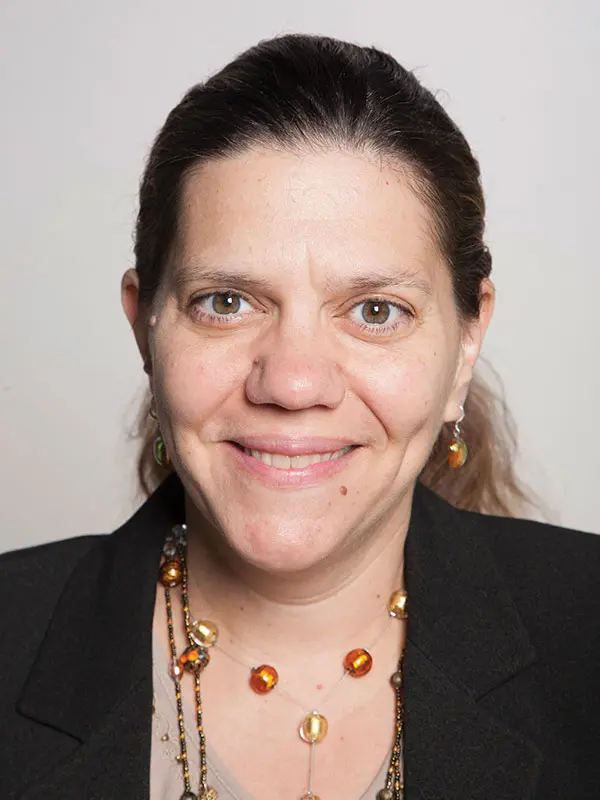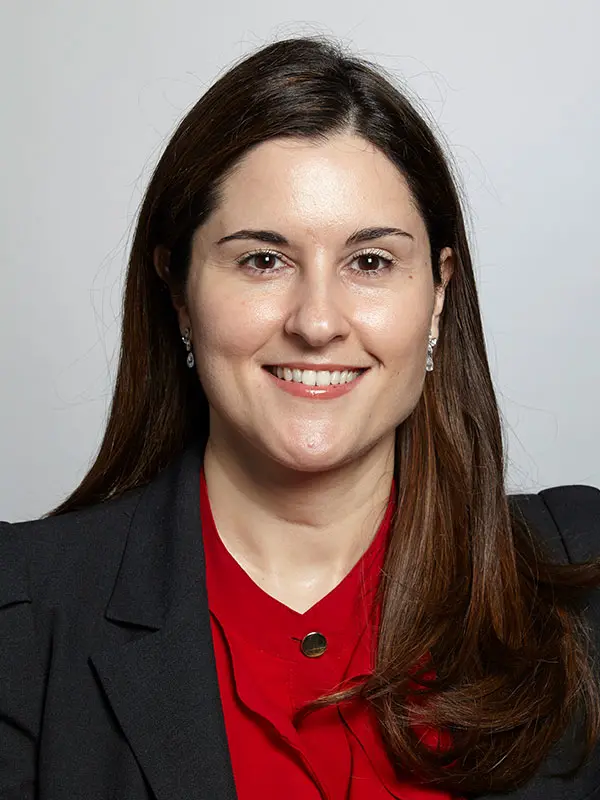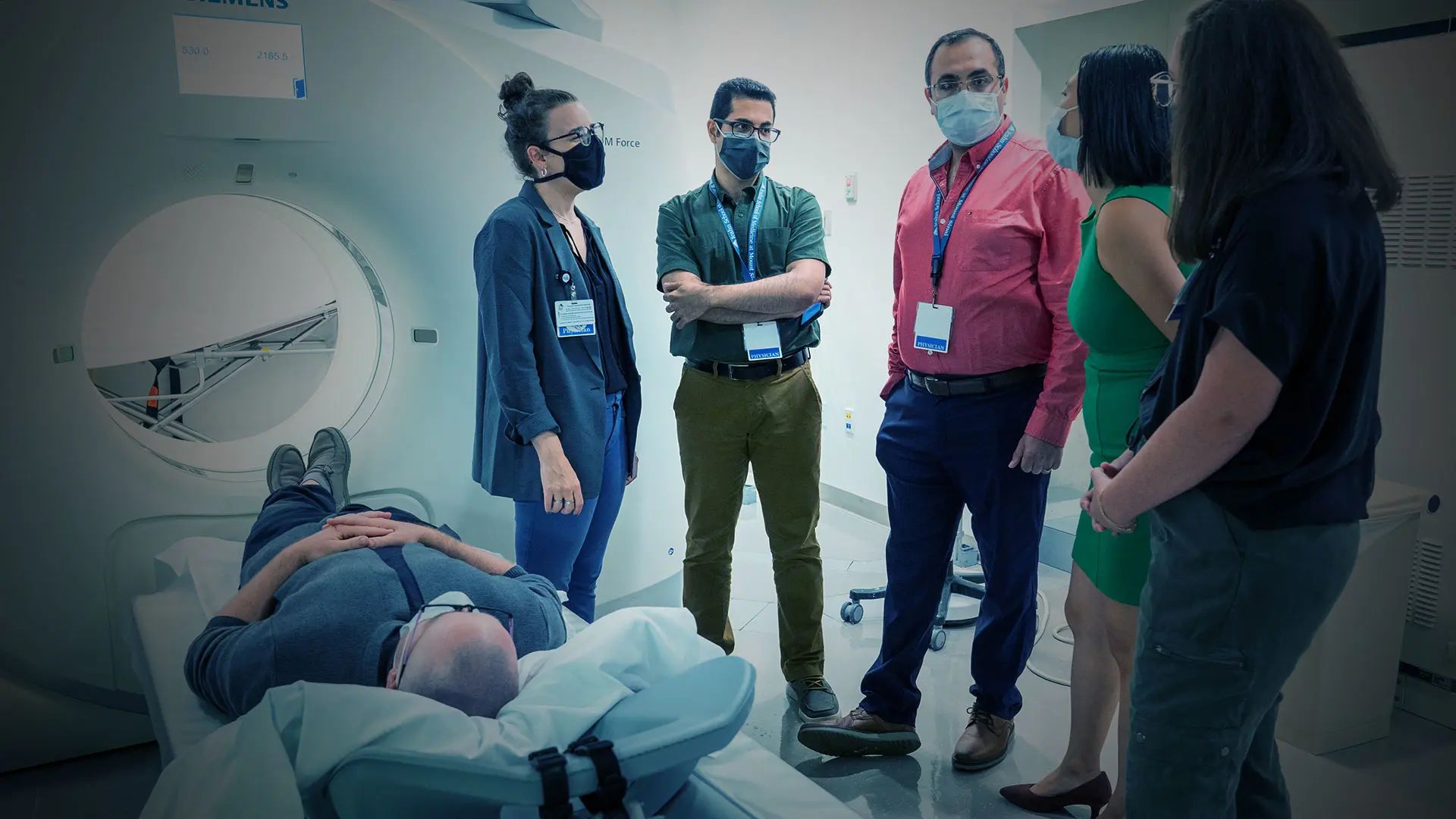The Department of Psychiatry has created a robust pipeline of physician-scientist training programs that provide residents and fellows with the resources and support they need to turn patient experience into valuable research.
“Treating patients who have psychiatric illnesses triggers ideas for trainees that might inform their research,” says Antonia New, MD, Professor of Psychiatry, Director of the Psychiatry Residency Program, and Vice Chair of Education for Psychiatry. In addition, the popularity of neuroscience among college students makes it more important than ever for Mount Sinai to encourage advanced-training opportunities for physicians to “become fluent in the languages of both medicine and research.”
Mount Sinai’s Psychiatry Residency Program offers a four-year physician-scientist track built on flexibility and specialization. Flexibility means giving trainees the maximum elective research time while they are completing the clinical training required for board certification. Trainees are expected to develop a research niche and complementary clinical expertise.
“We know what it takes for physicians to succeed and to launch their careers in research. We’re essentially building a pipeline that stretches from medical school to faculty so we can offer all the elements of world-class training within our institution.”
- Antonia New, MD
“Our physician-scientist track trainees will typically focus their research on an illness, such as schizophrenia, and we’ll facilitate specialized training in that disorder by enriching their clinical caseload with patients with that diagnosis,” says Maria de las Mercedes Perez-Rodriguez, MD, PhD, Assistant Professor of Psychiatry and Assistant Training Director for Research. “Our goal is for them to start sowing the seeds of an independent research career, and that means carving out their professional niche early on.”
Residents in the physician-scientist track also benefit from being able to work with a vast pool of faculty mentors within Mount Sinai, including geneticists, neuroscientists, molecular biologists, neurologists, and neurosurgeons. In 2020, Mount Sinai’s Department of Neuroscience was ranked No. 2 in National Institutes of Health (NIH) funding, and the Department of Psychiatry was ranked No. 5. This “think tank” environment even extends outside the walls of Mount Sinai; one recent graduate had a mentor at Rockefeller University.
Mount Sinai’s Friedman Brain Institute is another important resource for residents. “Unlike other institutions where specialties are sequestered in silos that are spread across multiple campuses, The Friedman Brain Institute provides trainees with
multidisciplinary learning opportunities under one roof,” says Dr. Perez-Rodriguez,
who is herself a graduate of the physician-scientist program at Mount Sinai. “These
departments are in constant conversation, and you’ll often see a neurosurgeon
working with a neurologist or a psychiatrist with a basic scientist. These interactions result in the kind of cross-pollination and exchange of ideas that can lead to groundbreaking research.”
Many trainees receive a coveted NIH Research Career Development Award
By the time residents emerge from four years of physician-scientist training, many are prepared to launch careers as principal investigators with their own labs. Dr. New says Mount Sinai has been successful in training physician-scientists to receive a coveted NIH Research Career Development Award (“K award”) to continue their early career research. “Among the goals of our program is to graduate trainees who are ready to secure a Career Development Award, and we’ve had tremendous success in that domain,” she says.
The Department of Psychiatry has also been successful in keeping highly sought-after physician-scientists within the Mount Sinai fold upon graduation, with a retention rate of more than 50 percent within the past five years. “We know what it takes for physicians to succeed and to launch their careers in research,” Dr. New says. “We’re essentially building a pipeline that stretches from medical school to faculty so we can offer all the elements of world-class training within our institution.”
For physician-scientists who need additional research training after their psychiatry residency, the Department of Psychiatry recently launched a postdoctoral T32 fellowship titled Training the New Generation of Clinical Neuroscientists. “Our NIMH-funded T32 is designed to train mental health clinicians to lead original translational research in serious mental illness and to bridge the gap between basic neurobiology and clinical disease,” says Dr. Perez-Rodriguez.
Through this fellowship, she hopes to train more clinical neuroscientists who can translate the most recent advances in neuroscience into better care for patients with serious mental illnesses.
Featured

Antonia New, MD
Professor of Psychiatry; Residency Training Director; Vice Chair for Education

Mercedes Perez-Rodriguez, MD, PhD
Assistant Director for Research, The Mount Sinai Hospital Psychiatry Residency Training, and Assistant Professor of Psychiatry
